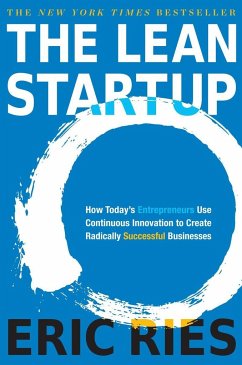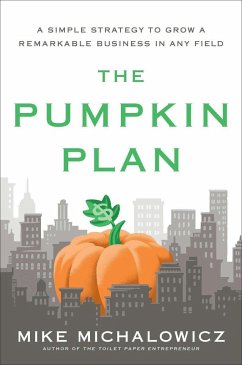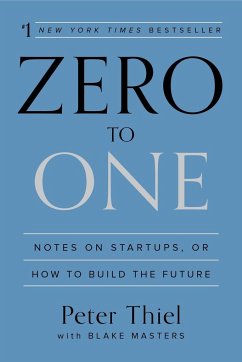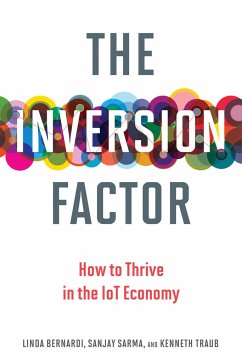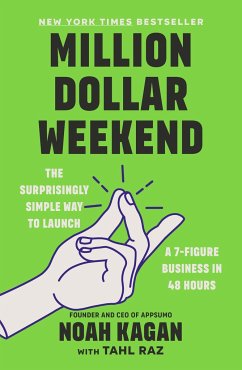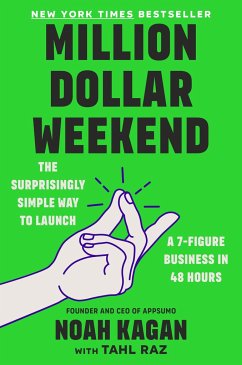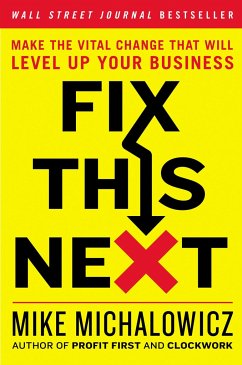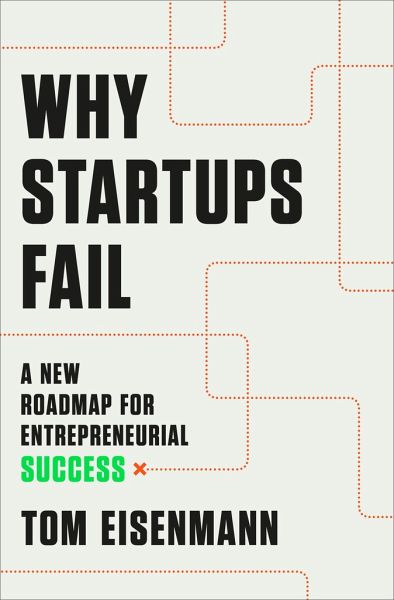
Why Startups Fail
A New Roadmap for Entrepreneurial Success
Versandkostenfrei!
Versandfertig in 2-4 Wochen
33,99 €
inkl. MwSt.

PAYBACK Punkte
17 °P sammeln!
If you want your startup to succeed, you need to understand why startups fail. Why do startups fail? That question hit Harvard Business School professor Tom Eisenman with full force when he realized he couldn't explain it. And since more than two thirds of new ventures fail, that left a lot of explaining to do. So he launched a multi-year research project to find out. In Why Startups Fail, Eisenmann unveils the results: six distinct patterns that account for the vast majority of startup failures. He offers frameworks for detecting when a venture is vulnerable to these patterns, along with a we...
If you want your startup to succeed, you need to understand why startups fail. Why do startups fail? That question hit Harvard Business School professor Tom Eisenman with full force when he realized he couldn't explain it. And since more than two thirds of new ventures fail, that left a lot of explaining to do. So he launched a multi-year research project to find out. In Why Startups Fail, Eisenmann unveils the results: six distinct patterns that account for the vast majority of startup failures. He offers frameworks for detecting when a venture is vulnerable to these patterns, along with a wealth of strategies and tactics for avoiding them. • Bad Bedfellows. Startup success is thought to rest largely on the founder's talents and instincts. But the wrong team, investors, or partners can sink a startup just as quickly. • False Starts. Despite the oft-cited advice to "fail fast," and "launch before you're ready," doing so risks wasting time and capital on the wrong solutions. • False Promises. Success with early adopters is often misleading and gives founders unwarranted confidence to expand. • Speed Traps. There's lots of pressure on startups to prioritize speed over efficiency and "Get Big Fast." But hypergrowth can spell disaster for even the most promising ventures. • Help Wanted. Rapidly scaling startups need lots of capital and talent, but they can make mistakes that leave them suddenly in short supply. • Cascading Miracles. Silicon Valley exhorts entrepreneurs to dream big; as Peter Thiel put it, "they promised us flying cars; what we got was 140 characters." But the bigger the vision, the more things can go wrong. Through fascinating stories of ventures that failed to fulfill their early promise--from home furnishings retailer Dot & Bo to the concierge dog walking service Baroo, to the makers of a sophisticated social robot named Jibo, to Better Place, which sought to build a massive network of charging stations for electric vehicles (and more)--Eisenmann shows readers how to spot and sidestep roadblocks on their entrepreneurial journey, and sets them on the fail-safe path to startup success.




